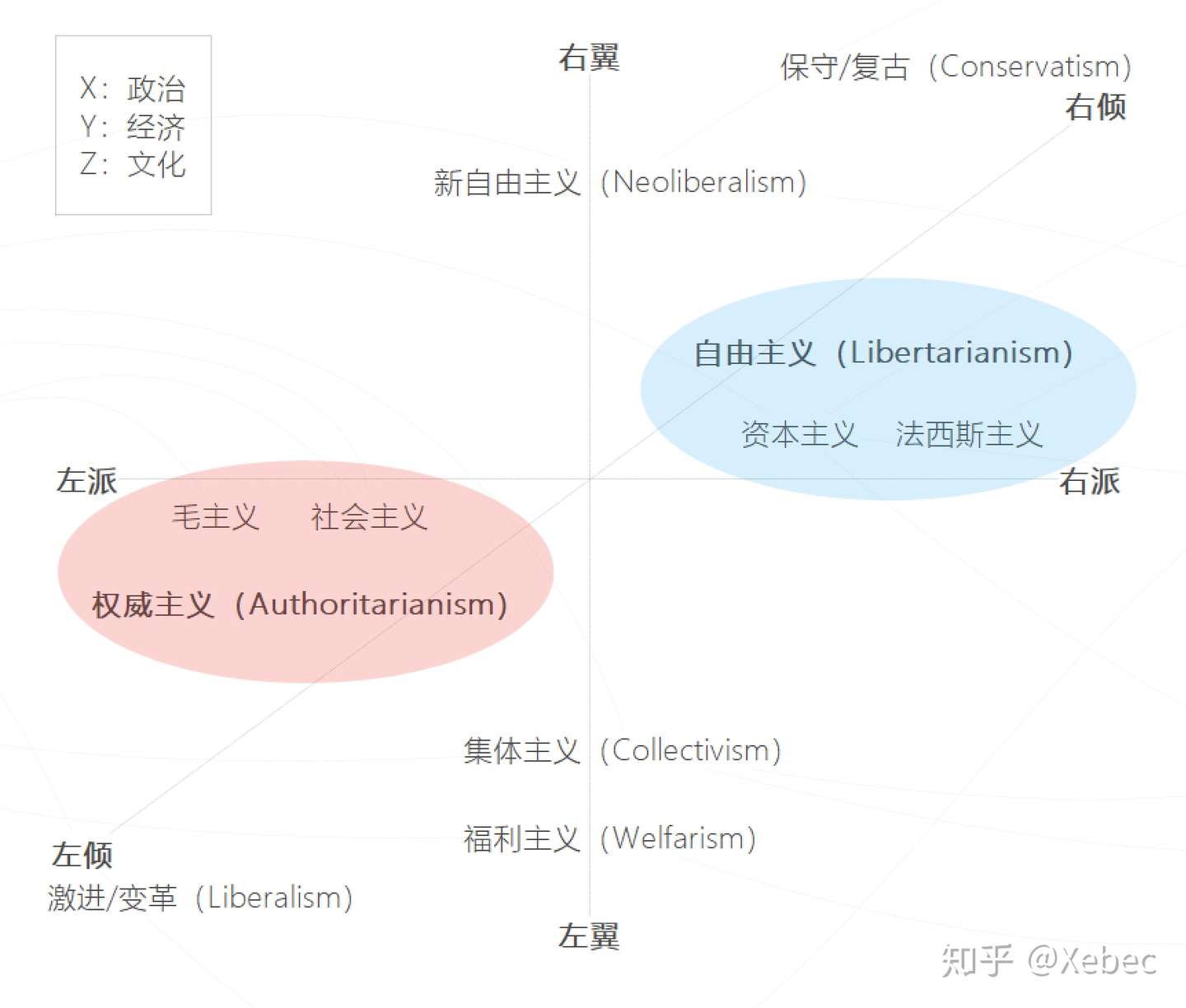自误购影印书籍于几年前,发奋学习英语.过中考,斩托福.念通读此书,思后可出国.
斗托福三年有余,投数万之资,只因态度不端,方法不适,决心不强,毅力不至而进步缓矣.今端正态度,学习二语习得理论,下定决心,一心一意准备出国,死学半年,终有收获.于2019年寒假,正式决定学托福准备出国;于2019年青年节,考得托福90分(26,21,19,24);后于9月21日,最终不负众望,拿到了106(30,29,21,26)的理想成绩,这是连我都喜出望外的分数.思往事,感悟良多.
窃以为学校教学,效果差矣.词汇背诵数目不至,频率不足,难以形成足够强烈的印象,也难以适应阅读所需之词汇量.阅读限于课文,教辅,试题,以翻译法教之,而不接触互联网上海量优质文章,又无阅读方法及方法论之指导,阅读水平难以提升.听力更甚,极短音频,极少时长,皆无可于托福之讲座比也.口语练习缺失,仅课前课上朗诵,效果至微也,而各下至幼儿园,上至专八(可选),各类考试亦不考矣.至于写作,空论题目,试卷之外无可作也.无英文写作指导,亦无立论驳论之文,著优美流畅,乃至各式风格难矣.由此观之,研习英语当自寻方法,自觅良师,而免于庸师也.
至于英语,初乃语言,后为科目,终为考试也.
即为语言,则学之用之,此乃上策.学而有用,坚持之,以英文习专业科目,或而休闲娱乐,一石二鸟,岂不美哉?若学之不用,或用之不学,无可进尔.
即为科目,当循序渐进,词汇,语法相继辅之,薄弱之处专门练习之,进步大矣,此为中策.基础薄弱,则以词汇攻之.视吾绿宝书破旧不堪,是以翻阅过五矣.吾日进二百词,于词汇书于扇贝单词,坚持久矣.杨鹏之《17天搞定GRE单词》助力也.词汇既通,当连词成句,万不可以翻译法习之.目读之,知其本意,此乃默读之要诀也.近可速读,远可克长难句.长难句,
猛虎也,当以此法破之,见《GRE长难句解析》.阅读境界渐高,如入母语之境,此时做题,直至纯熟,无不破之题也.
听力当谨慎应之.习听力前期,重于听辨音素者鲜矣.当备纸笔,逐句写下所听文章,后红笔正之.一月之后,听辨音素则易之.此时可精听题目,反复至纯熟,或随声而和之,此谓影子跟读法.辅以各类范听材料,得己之听力笔记,听力可进也,做题如有神助.取乎其上,得乎其中;取乎其中,得乎其下;取乎其下,则无所得矣.听极长之讲座,回顾托福听力则笑之,视高考听力则甚哂之.
至于口语写作,非吾所善于之处,不敢加以妄言.
以为考试,着眼于题型,出入于技巧,对症下药,此为下策.当听老师讲解之,通晓题型及要求,此备矣.
最下者,乃学而不思者,其诵记而不反思,做题而不改错,浑浑噩噩,终难成大业.
长期备考,难免意志薄弱,不如即使放松,学于娱乐.刷油管,观美剧,听讲座,看维基,凡能助学者皆可用之,而无患其不为学也.身处考场,当坦然应对,思父母之恩,同伴之情,尽力而答之,无他矣.
谨以此文助他人兼念旧事.
Jack Quinn
于 2019.10.3 午

